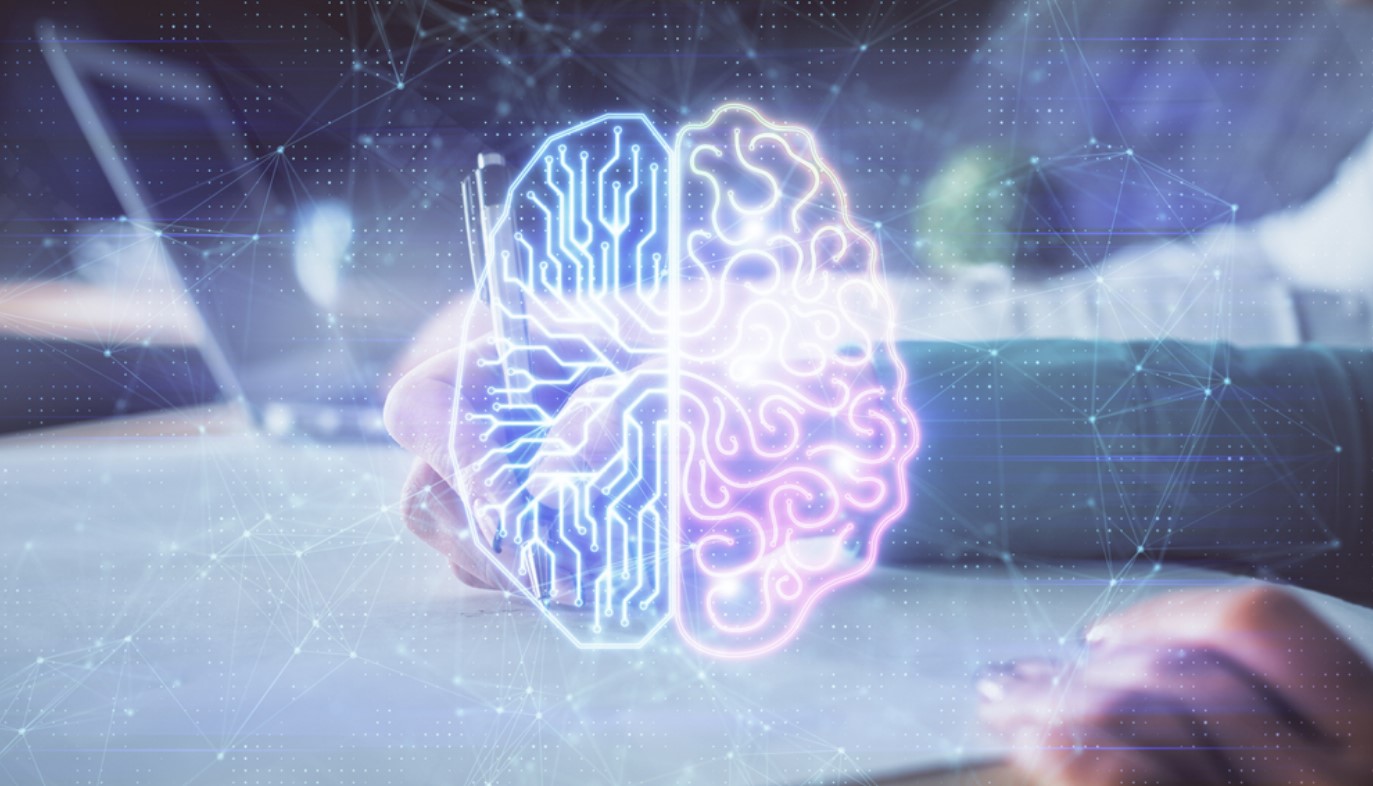
How Artificial Intelligence Will Impact the Job Market in 2022
AI and machine learning are becoming the future of how we will work, with more and more jobs being replaced by AI in the coming years.
There is a high risk that people’s jobs will be displaced by artificial intelligence (AI) over the next 10 to 15 years. A recent study from Oxford University predicts that up to 47% of jobs could be automated using current technology.
The job market is rapidly changing and as a result, AI is influencing the job market as well. Artificial intelligence does not only replace manual labour but it also replaces white-collar jobs like marketing managers or customer service agents.
An artificial intelligence revolution of unprecedented proportions is about to sweep the world.
Many people worry that the rise of artificial intelligence is going to lead to job losses, but the real issue will be how many new jobs will be created by AI and how quickly these jobs will be filled.
AI is already having an impact on the job market. Some companies are getting rid of human employees and replacing them with AI or by using AI to generate content for their clients.
Artificial Intelligence and Marketing Trends to Watch in 2022
Artificial Intelligence (AI) is already changing the way that businesses of all sizes do business. A report by McKinsey and Company predicts that AI will have an economic impact of $4.7 – $13.2 trillion a year by 2030. Marketing trends in the future are going to heavily rely on artificial intelligence and machine learning tools like chatbots and voice assistants. Consumers are looking for more personalized content, which can be generated with ai tools like Facebook Messenger chatbots, Instagram Stories personalization, and Amazon Alexa voice assistant giving recommendations based on past purchases and searches .AI is new, and it’s expected to grow exponentially in the future. Understanding how AI will change the industry not only guides us towards success now but also sets the path for what might happen in the future. If we can anticipate and understand how AI will transform our industry, we can prepare for a successful future.
Artificial intelligence is transforming the way marketers interact with consumers. Today, it’s not just Facebook, Google and Amazon that we need to worry about; it’s also Microsoft, IBM and Apple. These companies are developing AI-driven personal assistants to compete in the area of marketing as a service. In 2022, marketers will likely have access to AI-generated content and a host of automated marketing tools to help them find prospects and connect with them at scale. All they will need to do is write a brief description of what they are looking for in terms of insights or outcomes and these tools will do the rest for them by delivering relevant messages directly to their prospects through channels like email or social media. Driven by AI technologies, the need for marketing expertise is diminishing. The role of a marketer will become more specialized and even more value-driven. In 2022, an expert marketer will be someone who can effectively manage their career within a larger organization, build relationships with key stakeholders, and use automation to reach new levels of efficiency with minimal resources.
Artificial Intelligence changing the future of education
The future of education is changing as AI in schools starts to take shape. This can be seen from the kind of teachers that are being hired to teach kids. The need for teachers that have expertise in STEM and programming has increased rapidly. AI can potentially help to motivate children through personalized teaching and targeted instructions that are based on the individual’s strengths. This, in turn, can help them develop more efficiently and become more interested in their studies. .The future of education is heavily tied to the success of artificial intelligence. As AI develops, it will be used to help teachers teach and students learn from them.
AI in education has changed the way we teach and learn. It’s not just about making processes more efficient. Educators are now more likely to use this technology in order to provide better learning opportunities for their students.
AI is a great tool for educators because it can give personalized feedback, keep records of student progress, help with language learning and literacy, teach lessons through simulations or games, and even create personalized curriculums for students.


